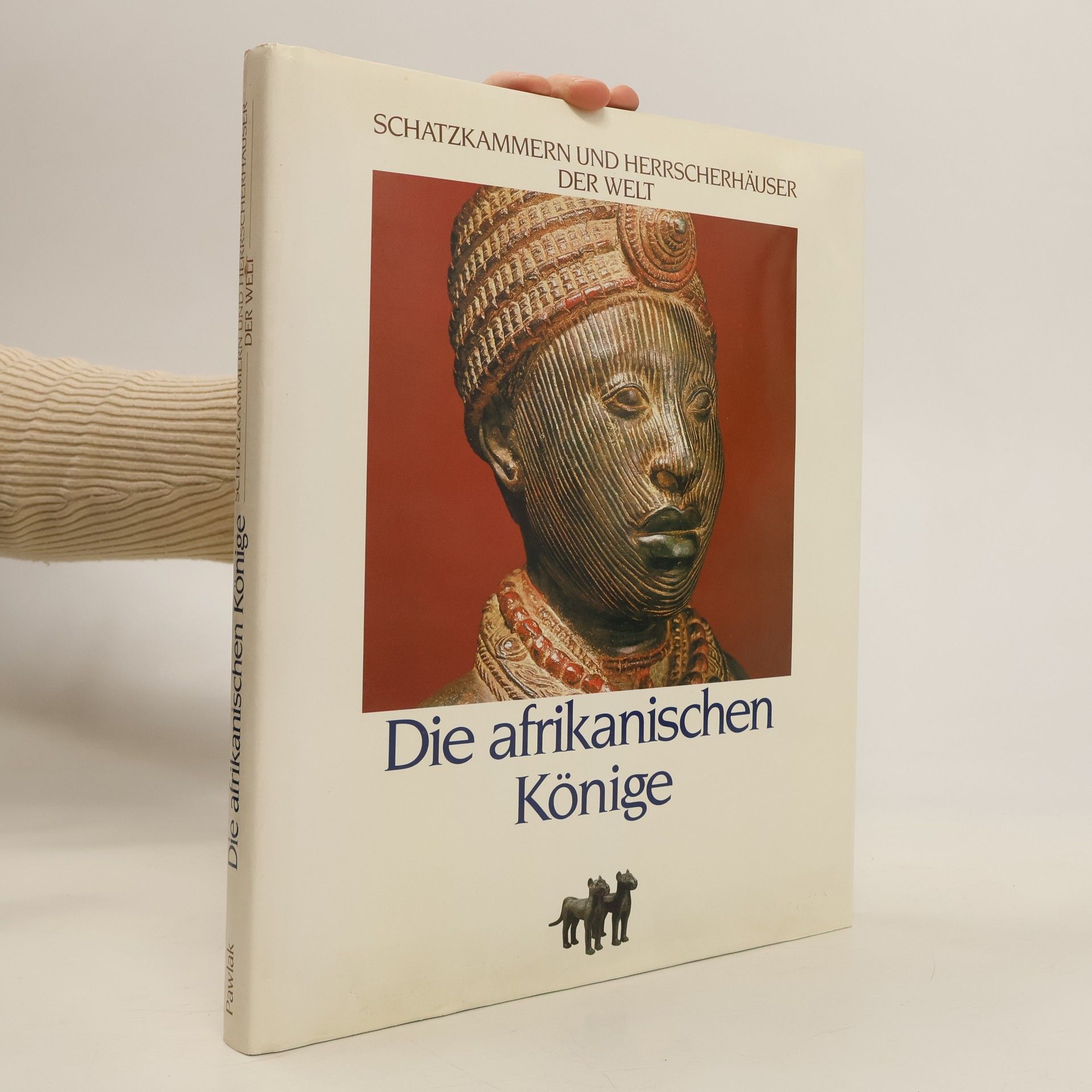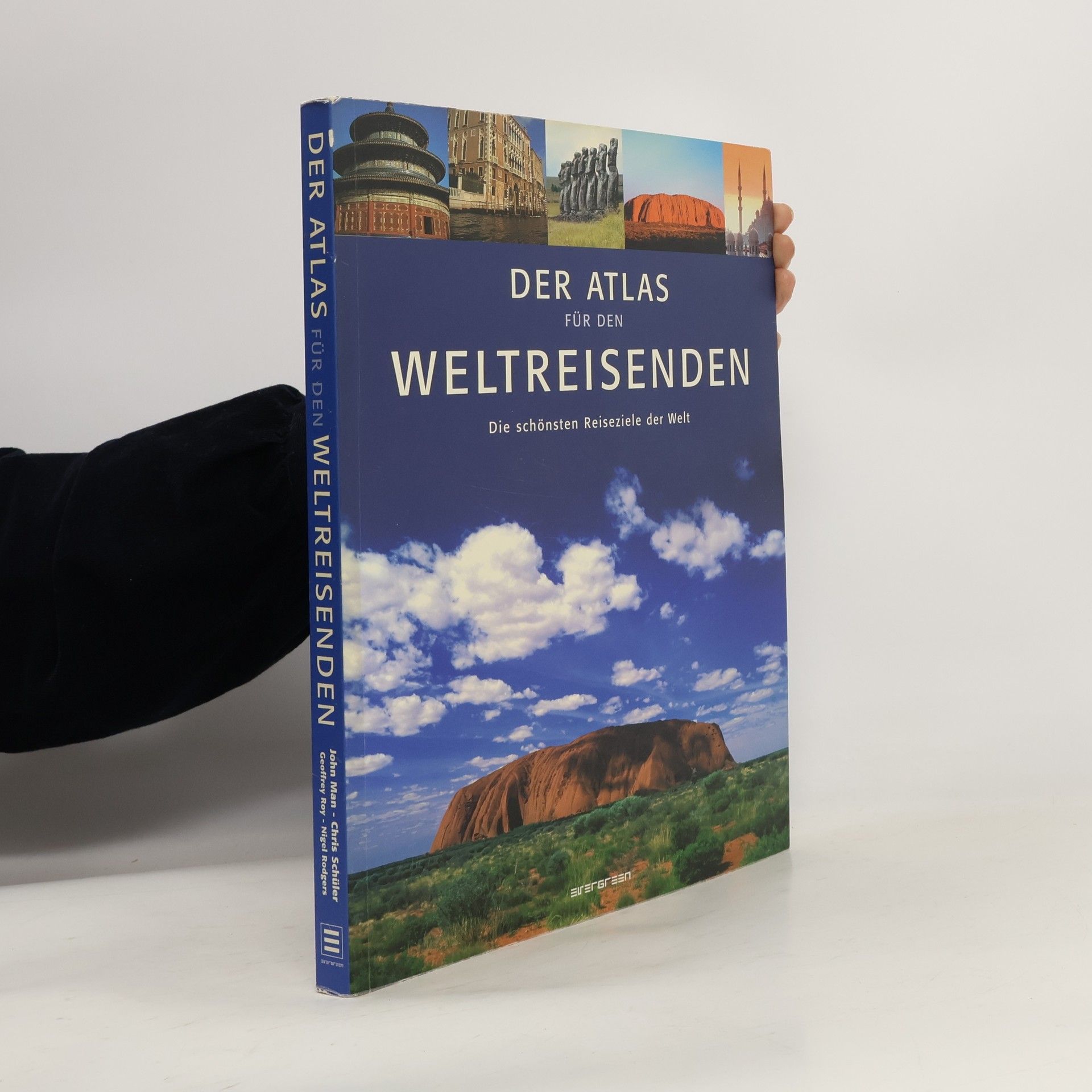Der Atlas für den Weltreisenden
- 224 Seiten
- 8 Lesestunden
John Man ist ein britischer Historiker und Reiseschriftsteller, dessen Werk sich mit China, der Mongolei und der Geschichte der schriftlichen Kommunikation befasst. Er verbindet gekonnt historische Erzählungen mit persönlichen Erfahrungen und bietet den Lesern so eine fesselnde und einzigartige Perspektive auf die Vergangenheit. Sein literarischer Ansatz zeichnet sich durch akribische Recherche und originelle Interpretationen aus, die oft neue Verbindungen und Erkenntnisse aufdecken. Er hat sich intensiv mit Wendepunkten in der Geschichte des Schreibens beschäftigt, von seinen Anfängen bis zur Erfindung des Buchdrucks, und seine Werke werden für ihre Tiefe und Zugänglichkeit geschätzt.






Many colorful photographs! No history buff will want to miss this unique World War I synopsis.
The people of the first nomadic empire left no written records, but from 200 BC they dominated the heart of Asia for 400 years. They changed the world. The Mongols, today’s descendants of Genghis Khan, see them as ancestors. Their rise cemented Chinese unity and inspired the first Great Wall. Their heirs under Attila the Hun helped destroy the Roman Empire. We don’t know what language they spoke, but they became known as Xiongnu, or Hunnu, a term passed down the centuries and across Eurasia, enduring today in shortened form as ‘Hun’. Outside Asia precious little is known of their rich history, but new evidence reframes our understanding of the indelible mark they left on a vast region stretching from Europe and sweeping right across Central Asia deep into China. Based on meticulous research and new archaeological evidence, Emperors and Barbarians traces their epic story, and shows how the nomadic cultures of the steppes gave birth to a ‘barbarian empire’ with the wealth and power to threaten the civilised order of the ancient world.
An authoritative and rich history of the remarkable Xiongnu culture—a lost empire which preceded the Mongols and even China itself. The author of landmark histories such as Genghis Khan, Attila, and Xanadu invites us to discover a fertile period in Asian history that prefigured so much of the world that followed. The people of the first nomadic empire left no written records, but from 200 bc they dominated the heart of Asia for four centuries, and changed the world in the process. The Mongols, today’s descendants of Genghis Khan, see these people as ancestors. Their rise cemented Chinese identity and inspired the first Great Wall. Their descendants helped destroy the Roman Empire under the leadership of Attila the Hun. We don’t know what language they spoke, but they became known as Xiongnu, or Hunnu, a term passed down the centuries and surviving today as “Hun,” and Man uncovers new evidence that will transform our understanding of the profound mark they left on half the globe, from Europe to Central Asia and deep into China. Based on meticulous research and new archaeological evidence, Empire of Horses traces this civilization’s epic story and shows how this nomadic cultures of the steppes gave birth to an empire with the wealth and power to threaten the order of the ancient world.
The Great Wall of China is a wonder of the world. Hundreds of thousands of tourists every year take the five-mile journey from Beijing to climb its battlements. It is instantly familiar to millions more from the myriad photographs of this extraordinary landmark.
A Global Guide to the Places You Must See in a Lifetime
Presents a guide to forty-seven unique destinations on seven continents, including such natural and man-made sites as Branff National Park, Istanbul, Patagonia, Argentina, Varanasi, India, Kyoto, Japan, the Great Wall of China, and Iceland.
Saladin remains one of the most iconic figures of his age. As the man who united the Arabs and saved Islam from Christian crusaders in the 12th century, he is the Islamic worldâe(tm)s preeminent hero. Ruthless in defence of his faith, brilliant in leadership, he also possessed qualities that won admiration from his Christian foes. He knew the limits of violence, showing such tolerance and generosity that many Europeans, appalled at the brutality of their own people, saw him as the exemplar of their own knightly ideals. But Saladin is far more than a historical hero. Builder, literary patron and theologian, he is a man for all times, and a symbol of hope for an Arab world once again divided. Centuries after his death, in cities from Damascus to Cairo and beyond, to the Arabian Peninsula and the Gulf, Saladin continues to be an immensely potent symbol of religious and military resistance to the West. He is central to Arab memories, sensibilities and the ideal of a unified Islamic state. In this authoritative biography, historian John Man brings Saladin and his world to life in vivid detail. Charting his rise to power, his struggle to unify the warring factions of his faith, and his battles to retake Jerusalem and expel Christian influence from Arab lands, Saladin explores the life and the enduring legacy of this champion of Islam, and examines his significance for the world today.